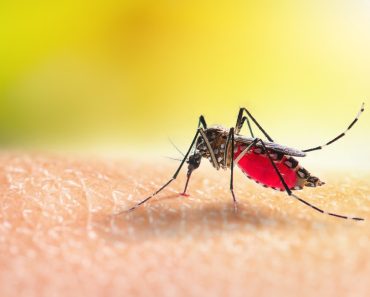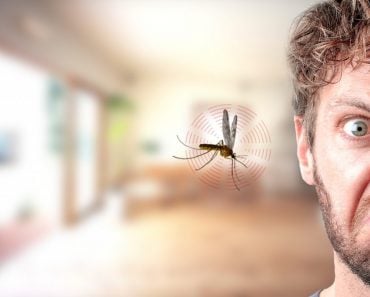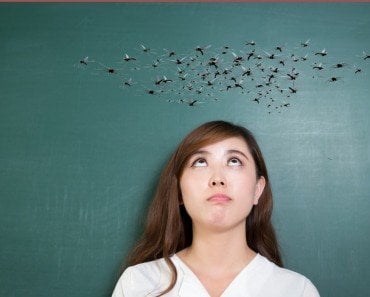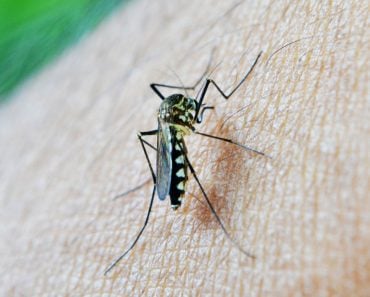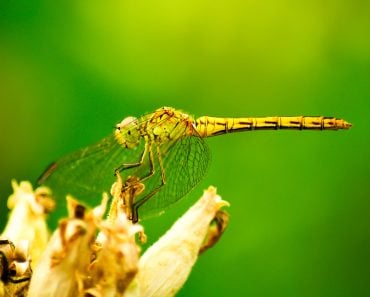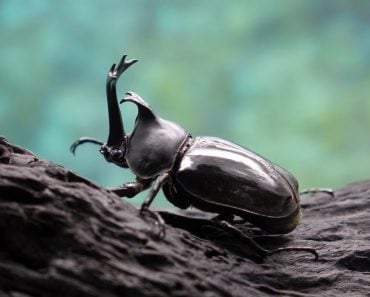Table of Contents (click to expand)
Most mosquitoes ‘sleep’ during the day and become active when the sun sets. This is because roaming around in the sweltering heat of the daytime can be fatal for mosquitoes, as it can rapidly dehydrate them. To ensure that they experience a relatively cooler environment when they head out of their shelters, most mosquitoes remain inactive during the daytime and forage for food at dawn, dusk or nighttime.
Mosquitoes and cockroaches are some of the most despised creatures on the planet, but what makes mosquitoes more loathsome is that they love to bite us, unlike most cockroaches. Not to mention that mosquitoes are the most dangerous creatures on Earth regarding the number of human deaths they cause yearly.
However, have you ever observed that these obnoxious insects are mostly active at night? It’s not that they completely disappear during the daytime, but your chances of getting bitten by a mosquito when it’s dark (e.g., at dawn, dusk, or night) are far greater than during the day.
Recommended Video for you:
Why Do Mosquitoes Bite And Drink Blood?
The most pressing issue the human species has with the mosquito community is that their members love to suck our blood.
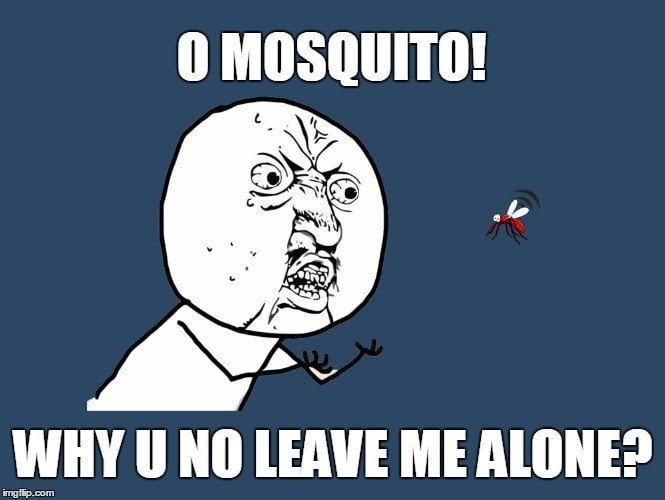
However, why do they do that? Many might think our blood is mosquito dinner; they get nutrition and energy to build muscle and perhaps live a healthier life… that kind of thing, right?
If that’s what you think about mosquitoes, let me tell you two things. One, it’s only the female mosquitoes that bite and suck blood. Moreover, humans are not the only species mosquitoes afflict with their blood-sucking tendencies; mosquitoes also attack other mammals.
Second, female mosquitoes don’t suck blood for nutritional purposes, i.e., they don’t derive any energy or nutritional value from your blood. Rather, it needs the proteins and iron of mammalian blood to develop its eggs.
Your blood is used to bring more mosquitoes into the world!
The females and the males drink the nectar of flowers for nutrition.
Now, let’s get back to the original question…
Where Do Mosquitoes Go During The Daytime?
Just as it does to humans, the dry, sweltering heat of the daytime can dehydrate mosquitoes. Therefore, (most) mosquitoes (e.g., Anopheles) rest during the day in dark, sheltered places away from the scorching heat. Wet and humid areas, such as caves, vegetation, and even man-made structures like barns, culverts, cupboards, and closets, are common resting places for mosquitoes during the daytime.
Biology plays a crucial role. Researchers from the UK and USA analyzed when these mosquitoes are the most active. They found that mosquito activity increased just after sunset. Not only do the mosquitoes fly around more, they produce more smell receptors. In other words, their ability to smell you improves in the dark!
Dragonflies are also more active during the day. Dragonflies are a natural enemy of mosquitoes. This is why dragonflies are a natural pest control against mosquitoes.
Being awake and alert during the day, humans are also more likely to swat and kill mosquitoes.
Do All Mosquitoes Bite At Night?
No. There are some species of mosquitoes, like the Asian Tiger mosquito and Aedes species, that are active during the daytime and rest at night. There is another category of mosquitoes that feed during both times of day.
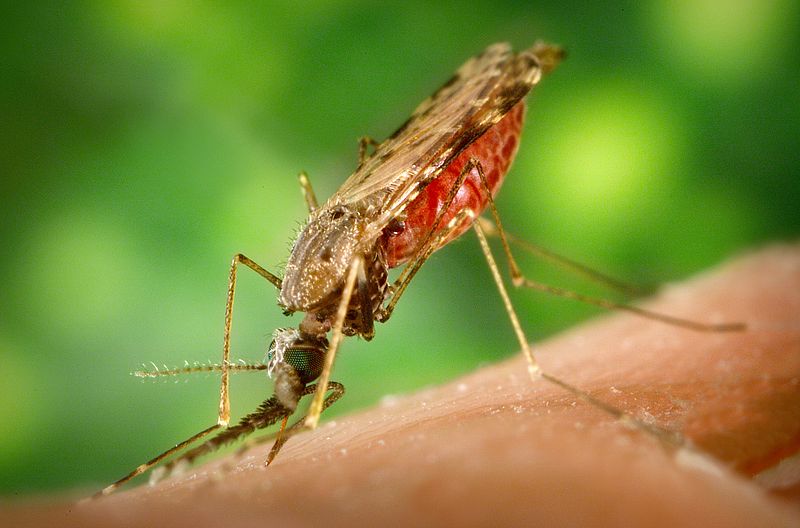
Anopheles is mostly active during dusk and dawn. It is a big threat to humans, as it is the primary vector of malaria. Aedes, a day-biter, is known to spread Dengue and Yellow fever through their bites.
More than 700 million people contract a disease spread by mosquitoes. Scientists see potential to curb the spread of mosquitoes through understanding mosquito biology. Anopheles and Culex species are active during dusk, so people in affected areas can set up countermeasures against mosquitoes. Closing windows and doors limit the number of mosquitoes entering homes.
Mosquitoes also mate in the evening, which could also provide answers to how to limit the number of mosquitoes in an area. Sanitation is important. Mosquitoes breed in stagnant waters. Open sewers, ponds, lakes, or areas with vegetation have a higher density of mosquitoes.
In a nutshell, although many mosquito species are usually dormant during the daytime, some species lurk around all the time, regardless of whether the sun is up or not. So, the best thing to do is to keep your surroundings clean, inspect your premises regularly for mosquito habitats, sleep under a mosquito net, and consider wearing long-sleeve clothing to be safe!


